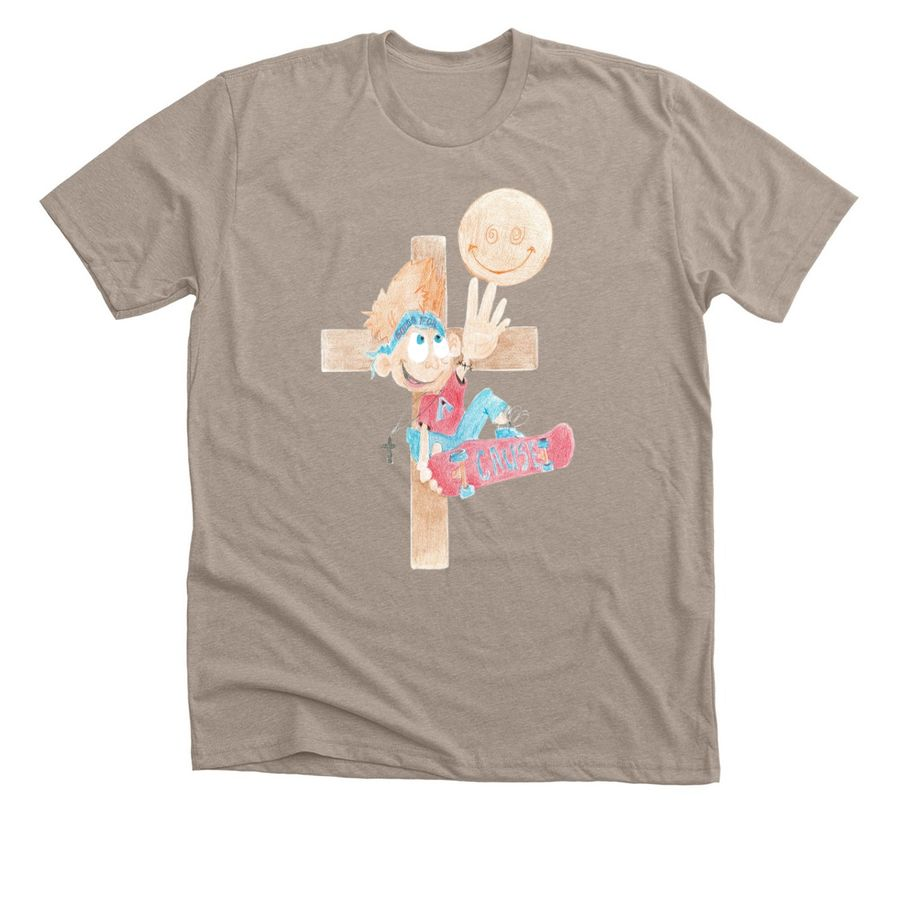About Goods for a Cause
We have a heart for prisoners. Hebrews 13:3 instructs us to remember those in prison; James 1:27 tells us that true religion is looking after orphans (and widows) in their distress. Consider this astounding statistic: roughly 20% of the U.S. prison population are former foster children (Bureau of Justice Statistics 2016).
We have firsthand knowledge of the difficulties people in prison face in order to provide for even their most basic of needs. It is common for them to have to rely on family and friends for assistance, thus straining those relationships. In today’s economy, those families are often struggling themselves. Not only are they supporting their loved one in prison, but they are also without the additional income that family member would normally provide.
In many cases, it is not that the prisoner is unwilling to work. In California, for example, even if the incarcerated individual has a job, it is no guarantee that they will be paid. Most prisoners work for free. For the few that do have a pay number, their wages are literally pennies per hour – ranging from $.08 to $1 per hour – with most at the lower limit. And if the individual owes restitution – often tens of thousands of dollars or more – half of their income and/or monetary receipts (from family, friends, etc.) is deducted and put towards fulfilling that obligation.
Imagine working in the kitchen from 4am to 10am, every Sunday through Thursday, and making $9.60 a month. $4.80 of that is put toward your restitution of $10,000 (which – at this rate – will be paid off in about 160 years). You now have $4.80 left to spend. In the canteen, toothpaste is $3.25, deodorant $3.60, shampoo $2.95, soap $1.00, and $.70 for a soft toothbrush (August 2023). How do you choose?
Is it no wonder, then, that more industrious individuals look to make some extra money on the underground? (It’s not as exciting as it sounds and is technically against the rules). They offer laundry services, make taffy, run little stores, clean shoes, draw portraits, and cut hair, etc. These folks work hard to afford their hygiene, to eat a little better, even – perhaps, to send a gift home to their families now and then.
But does this help them in the long run?
The formerly incarcerated individual normally returns to mainstream society with no money in the bank, no place to live, no transportation, no job – nothing but the clothes on their back and the remainder of their restitution balance. Again, they are forced to rely on family, friends, and/or the state.
Here is where Goods for a Cause proposes to help. We will use prisoners’ submitted original art and create merchandise to be sold in our store and on our website.
For each item sold:
We will also attempt to partner with other nonprofits to support their good causes. In these instances, for each item sold:
When you purchase our merchandise, you are helping prisoners transform their lives and their futures; you are helping their families; and you are helping advance the well-being of our community.
Thank you for your support!
Goods for a Cause
You can help inmates contribute to society
Powered by Bonfire











